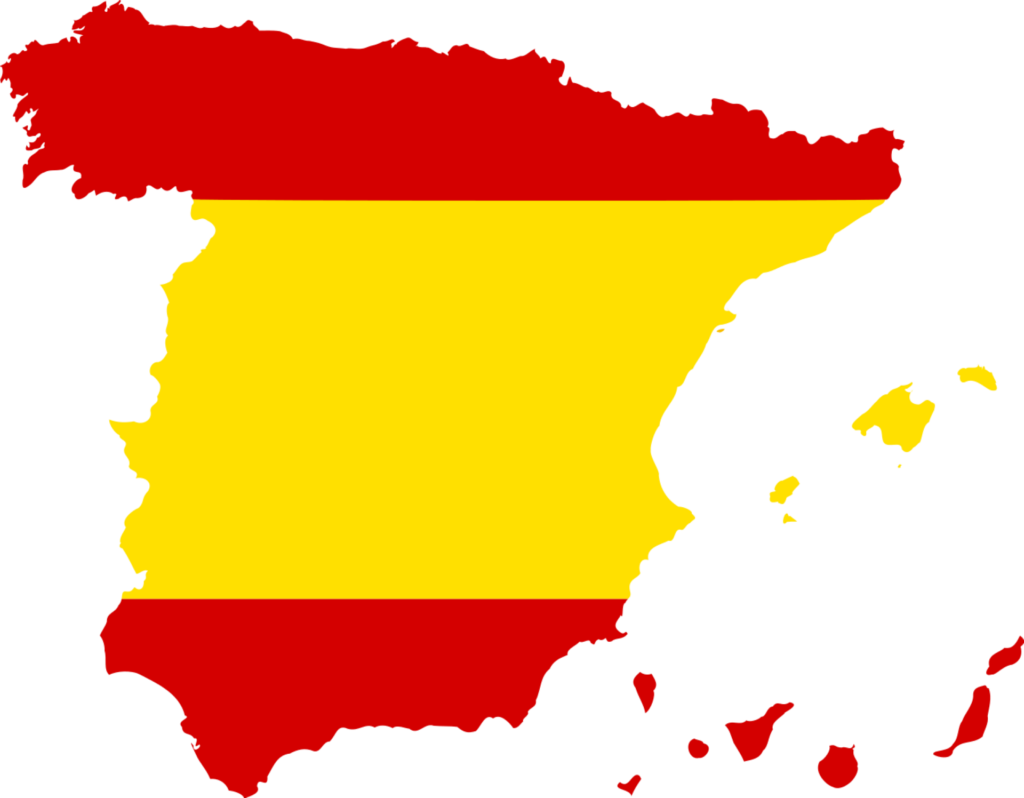So, what about credits?
The host school abroad will not provide high school credit. All credit must be granted through your home school in the U.S. or Canada. All U.S./Canadian schools have different policies.
In Spain, it is not guaranteed that your host school will provide you an official transcript unless you complete a full academic year program, take exams, and have good behavior and attendance at your high school.
Students studying on trimester and semester programs can request their host schools provide documentation, letters, and any other materials, but it is unlikely that these will include any sort of grade evaluations (either a number grade out of 10 or even pass/fail). High schools in Spain look at a student’s academic performance throughout an entire year and award a grade at the end, so it not always possible to award grades for trimester or semester student. You must have good behavior, attendance, and performance in order for the school to fulfill any requests for documentation.
Then, you should take this documentation back to your home school as proof of your participation in the program. Your home school is responsible for awarding you credit for this program or not.
Before You Go Abroad
You should meet with your U.S./Canadian high school before you leave and share the general curriculum guidelines for Spain with your guidance counselor and/or teachers.
Because the curriculum will vary by school and we cannot guarantee you’ll take any specific classes, it is important that you arrange the required classes required for your graduation, such as U.S. History, before or after your time abroad.
Once You’re Abroad
Please keep in mind that the grading system in other countries is different than the US. Most host schools will not grant grades or transcripts as it is too difficult to evaluate your work due to the language barrier. If your host school is able to award you grades, they won’t be an exact match to what you would get in the US.
In your free time, you can play soccer, basketball, go swimming, and more! If athletics don’t interest you, you can participate in theater, music, and a wide variety of youth organizations and cultural activities. Getting involved is the best way to meet people and make friends.
How to Understand the Program Dates:
If you’ve been researching high school in Spain, you might be confused. Here’s some explanation: In Spain, the school year is divided into trimesters and there aren’t exact dates for that. They change each year, and they change from one school to another. The trimester ends when the students take the trimester exams. For the first trimester for example, some schools wait until Christmas and other school have the exams the first week of December. It also varies according to the grade: usually 11th and 12th grade go together but 10th grade has other dates.
When a U.S. or Canadian student wants to come to Spain for a semester, it makes sense that it should be 4 ½ months which is half of the school year (9 months). However, this timeframe doesn’t quite coincide with any school dates. So, we have semester students start a bit later, so you finish the school year with your class.
What else to know about attending a high school in Spain:
- Students are usually placed in public high schools in Spain, with academic start dates ranging from early to mid-September and ending in late May or late June.
- The grade students are placed in in Spain will correspond with their birthdate and not necessarily their grade equivalent in the U.S.
- Classes typically run Monday through Friday.
- In the Bachillerato grades (11th and 12th grade equivalents) most students are placed in the Social Studies track with required subjects including History, Language & Literature, English, Catholic Religion or Ethics. There are also some elective courses depending on the school.
You will come back from Spain with a thorough understanding of Spanish culture and a level of fluency in the language that is impossible to obtain in the classroom at home.












